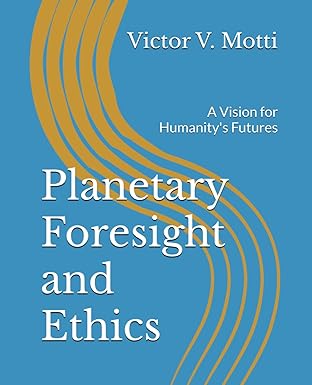As a partner of the Eye of Europe Project, Helenos will implement its second pilot on Fashion Futuring, investigating potential links among objects, fiction, culture, and systems to understand how the values of the systems/societies can shape the future of fashion.
The worskhop was relized on 14th of April, 2025 at MOMus- Museum of Modern Art, Thessaloniki, Greece
Context
Have you ever wondered why people in Ancient Egypt (3100-30 BCE) wore hair wigs? Or why samurai have been associated with kimonos, while feminine full skirts are linked with the post-war America of the ‘50s? There are numerous examples of fashion items that represent specific periods and places.
But what does that signify?
In ancient Egypt, men wearing hair wigs was considered an honor and a symbol of equalization to women, as women were regarded as wise and sacred. Similarly, in Tokugawa Japan (1603 – 1868), when samurai lived, clothing indicated one’s rank and role within the highly structured feudal society, while in post-war America, fashion was influenced by the idealized image of the suburban family, emphasizing domesticity and traditional gender roles.
The common space of all three examples is that - throughout the centuries - fashion has served people and societies as a way of self-expression, a sign of social status, also revealing the prevailing social norms and beliefs.
Today, our highly complex and uncertain world requires strategic tools that will help us create new sustainable development trajectories. Fashion not only reveals unique and collective identities, norms, and ethics but is also associated with environmental issues. It is one of the largest pollutant industries, prompting a shift in the way we produce and consume fashion items. How might the climate crisis change our attitudes, and how does this impact the fashion industry?
What is Fashion Futuring?
Fashion Futuring is an innovative approach that investigates potential links among objects, fiction, culture, and systems to understand how the values of the systems/societies can shape the future of fashion. It suggests a significant shift in the future of fashion approach, moving away from short-term trends and financial forecasting as primary factors for fashion production, towards sustainable, more humane means of fashion producing and consuming.
The pilot
The upcoming pilot in April is targeted towards domain experts in fashion & foresight. The workshop consists of a 7-stage methodology based on Garcia (2023), where participants will be encouraged to share their personal experiences and values, co-create a fictional future, and work together to design a fictional fashion item based on this future. The workshop will utilize various foresight methods, primarily core design, what-if scenario development, and strategic thinking.
That will be the second pilot in Fashion Futuring implemented by Helenos. The first pilot was held in January 2025 in Thessaloniki, involving local citizens. This upcoming workshop aims to contribute to a collective knowledge pool, helping to create a comprehensive understanding of the future of fashion and sustainability.
This workshop will be implemented in English.
For more information, please contact the following emails:
stavros.mantzanakis@helenosconsulting.eu (Stavros Mantzanakis)
eliza.savvopoulou@helenosconsulting.eu (Eliza Savvopoulou)






